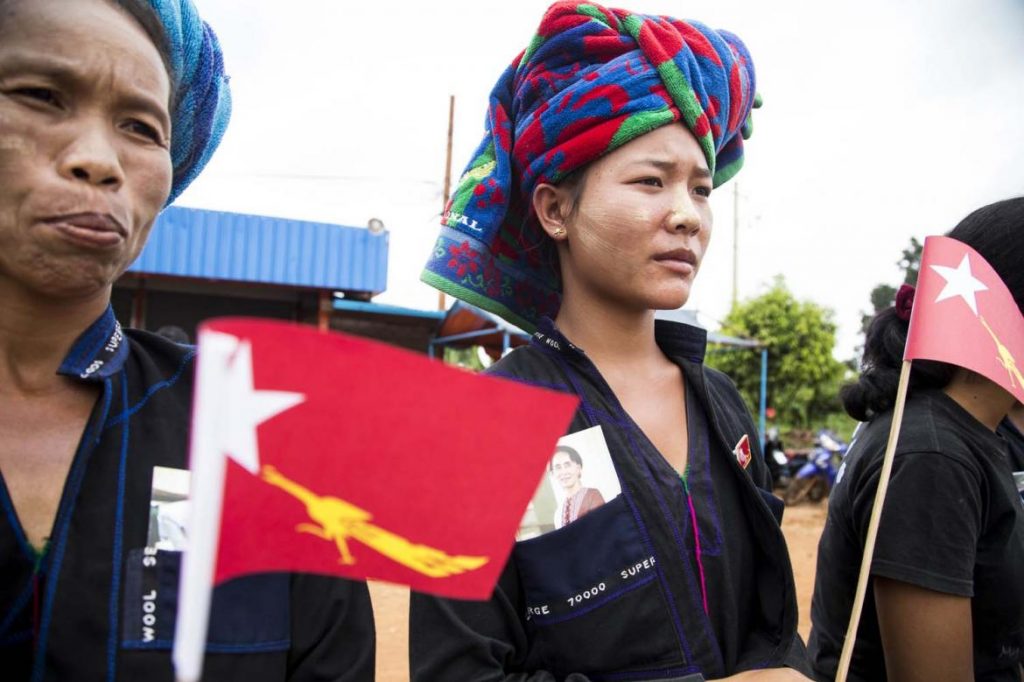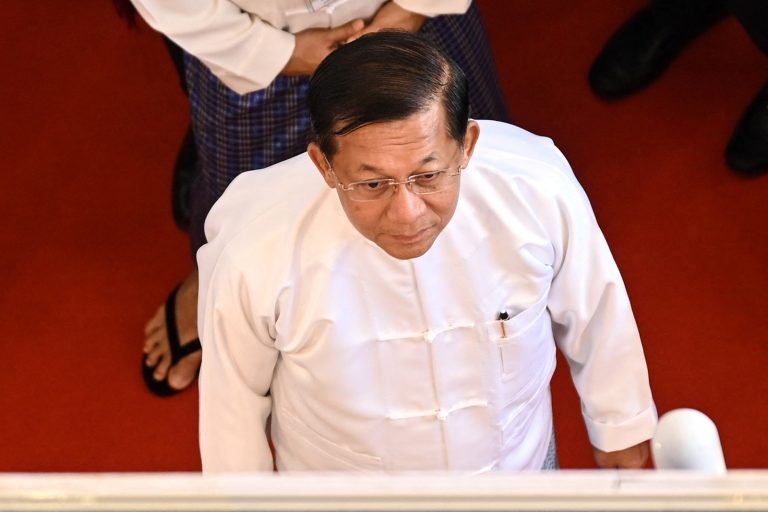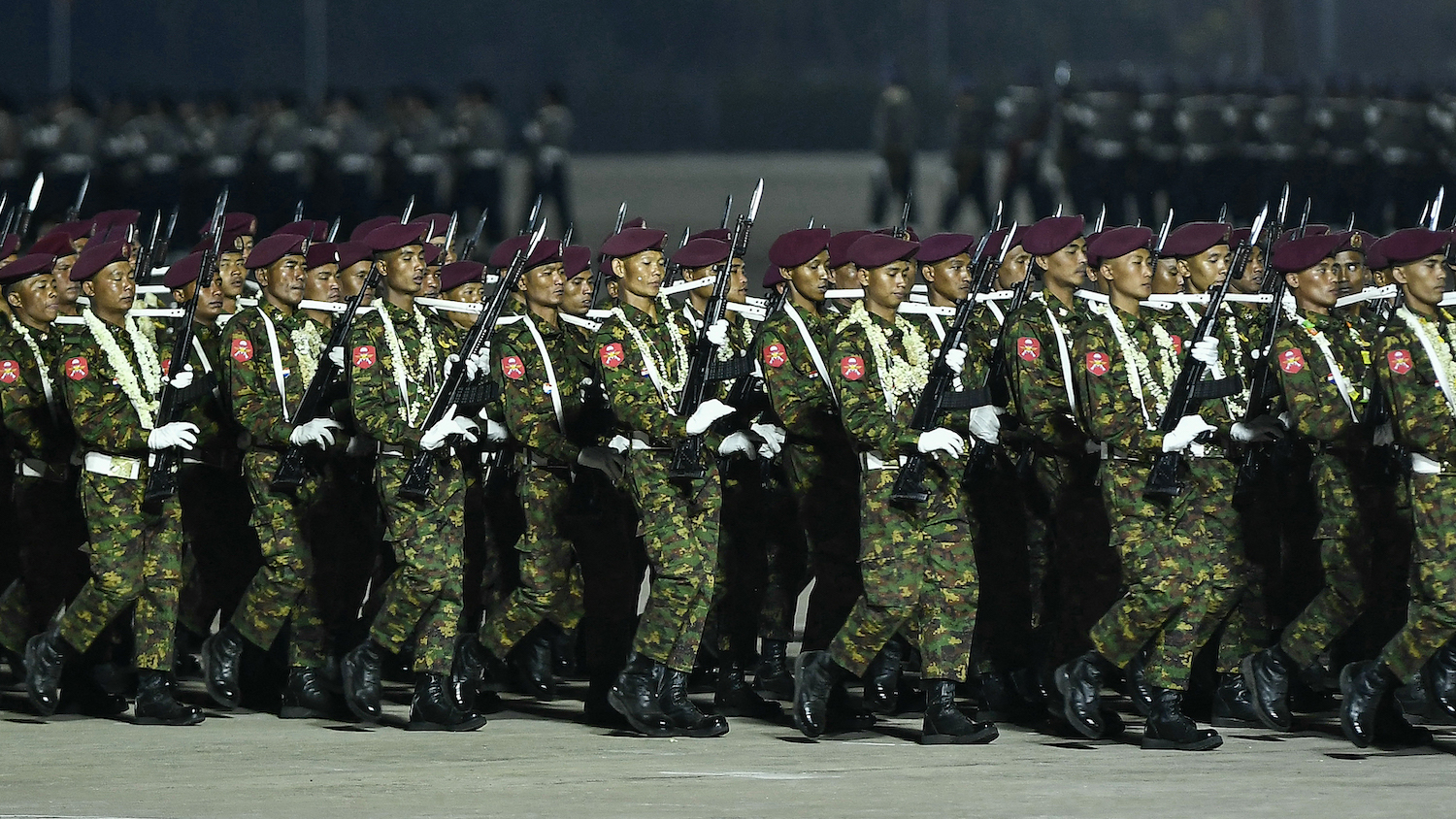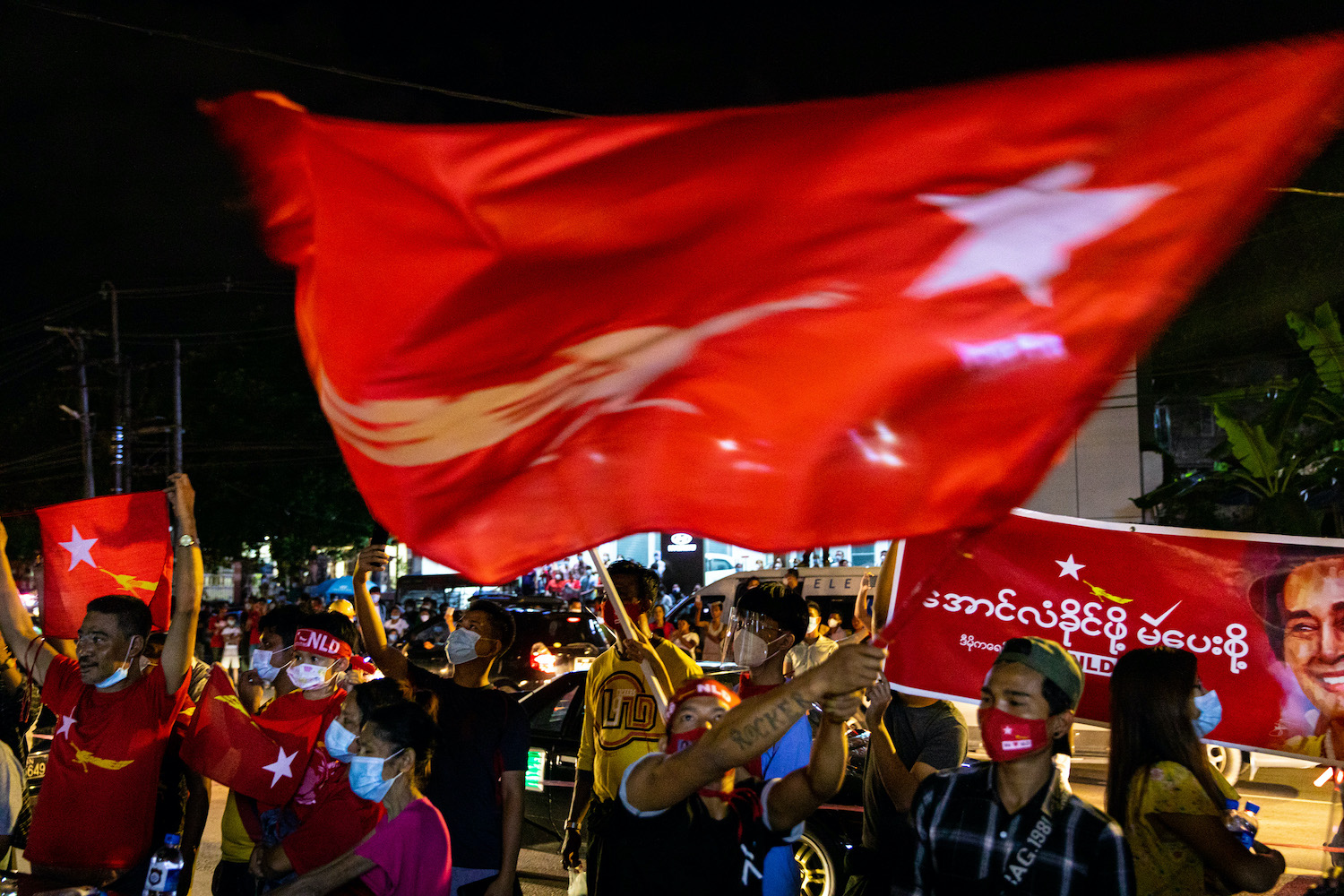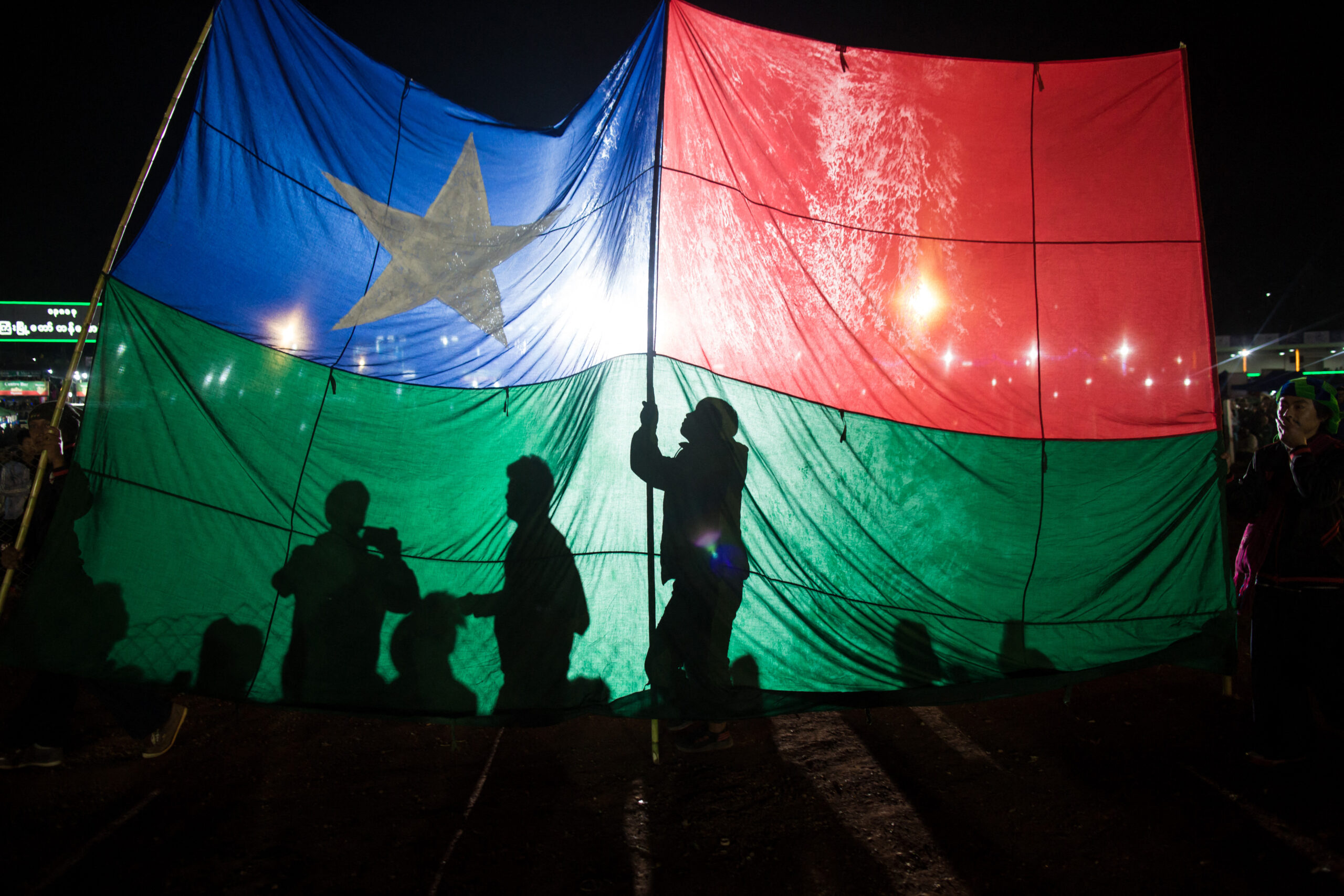The National League for Democracy government has failed to win the trust of ethnic armed groups and has also damaged its relationships with ethnic political parties, raising questions about its commitment to building a democratic federal union.
By SITHU AUNG MYINT | FRONTIER
WHEN the National League for Democracy government came to power in 2016, it said its main goal was to achieve peace – it’s first priority was peace, second was peace and third was peace too.
Peace means building a federal union after negotiating with ethnic armed groups and forging good relationships with all ethnic minorities. Mutual trust of the type required can only be achieved through frequent dialogue.
Under military dictatorship, the NLD had a good relationship and understanding with ethnic political parties, but did not have much contact with ethnic armed groups. After taking office it had to begin engaging with these groups through the peace process.
Four years have passed since the NLD took office. What is the state of its relationship with ethnic armed groups? How much has the NLD done to build a democratic federal union in Myanmar?
Support more independent journalism like this. Sign up to be a Frontier member.
On January 8, the government convened a Joint Implementation Coordination Meeting – a gathering of the government, military and 10 ethnic armed groups that have signed the Nationwide Ceasefire Agreement. It was the first JICM held in almost two years, since February 2018.
That fact alone tells you there has been little progress on State Counsellor Daw Aung San Suu Kyi’s ambitions to reach an agreement to resolve Myanmar’s conflicts by 2020. The government has also not been able to convene a 21st Century Panglong Union Peace Conference every six months as required; the most recent was held in July 2018.
And then there’s the non-signatories to the NCA. Not only have they continued to stay out of the accord, but fighting has occurred on a near-daily basis with the Arakan Army, Ta’ang National Liberation Army and Myanmar National Democratic Alliance Army. The government has failed to reach a ceasefire with the Kachin Independence Army and the return of people displaced by conflict in Kachin State has not been able to formally get underway. It has also been unsuccessful in persuading the United Wa State Army, National Democratic Alliance Army (known as the “Mongla” group), Shan State Progress Party and Karenni National Progressive Party to sign the NCA.
It’s easy to pin these failures on the Tatmadaw or ethnic armed groups. But ultimately the NLD is in charge of the overall peace process, so is also responsible.
The NLD appointed Dr Tin Myo Win, Aung San Suu Kyi’s personal physician, to lead the peace process, but he has barely been seen. No other NLD leader has engaged heavily with the peace process.
Instead, retired Lieutenant-General Khin Zaw Oo and U Zaw Htay, a former Tatmadaw major who is now director general of the State Counsellor’s Office, are the faces of the peace process. It makes one begin to wonder whether the NLD is really in charge.
Tin Myo Win has rarely met leaders of ethnic armed groups, and certainly not met the standards set by former general U Aung Min, who U Thein Sein appointed to lead the peace process during his government’s term. Aung Min met ethnic leaders frequently and managed to build a personal friendship with them.
In sum, the NLD has not built close relations and mutual understanding with ethnic armed groups, and so has been unable to negotiate a resolution to Myanmar’s armed conflicts.
It’s a similar story when it comes to ethnic political parties, which had been firm allies of the NLD since the 1990 election. When the military convened the 2010 election under the 2008 constitution, the NLD boycotted the vote because it believed it could not be free or fair. Ethnic allies, under the umbrella of the United Nationalities Alliance, did likewise.
Things changed in 2015. Prior to that year’s election the NLD decided not to work with its long-term ethnic allies, such as the Shan Nationalities League for Democracy. After it won the election and formed a new government, the NLD excluded ethnic parties from cabinet positions and reserved the chief minister positions in the states and regions for its own MPs. Relations between the NLD and ethnic political parties, including the SNLD, have deteriorated rapidly since then.
Ostensibly in order to improve relations with ethnic parties, the NLD formed a Central Ethnic Affairs Committee on January 2. But because of its proud announcement that it would not negotiate on election constituencies with ethnic parties, the UNA declared that its members have nothing to discuss with the NLD. The UNA has been the NLD’s long-standing ally for decades. This recent dispute shows how far the NLD’s relations with ethnic parties have sunk.
The NLD enjoys a majority in the Pyidaungsu Hluttaw and appoints the president and chief ministers. If it was really willing to do so, it could begin implementing the goal of a democratic federal union.
Safe in its legislative and executive power, the NLD could solicit approval from ethnic parties for legislation, budget allotments, investments and the implementation of projects. That the NLD has not done these things raises questions about whether it really wants to build a democratic federal union.
Yes, the NLD is the first Bamar majority political party to publicly state that it wants to establish a democratic federal union of Myanmar. But words are not enough. Good relations with ethnic political parties and ethnic armed groups are fundamental. It must put effort into building trust and confidence. Using its control of the legislature and executive, the NLD should begin building a democratic federal union to the extent possible in the current political context.


